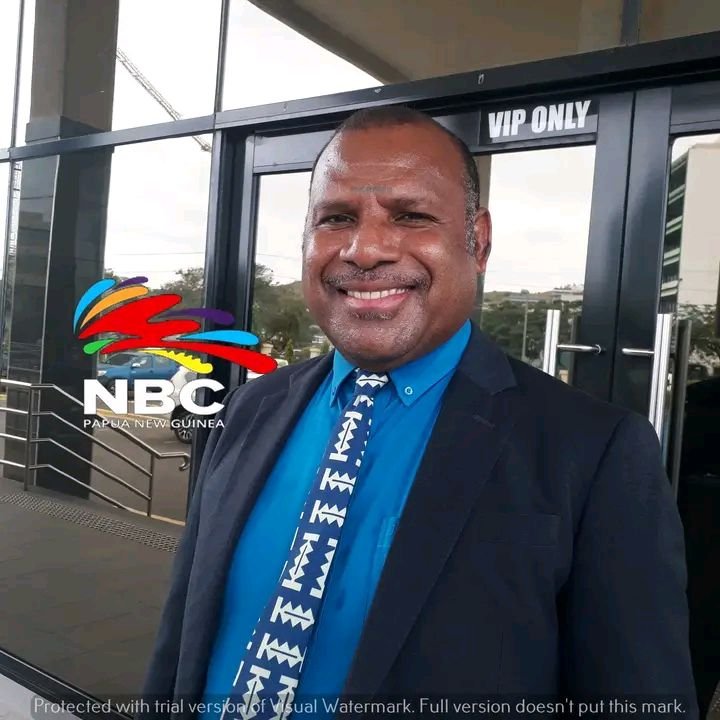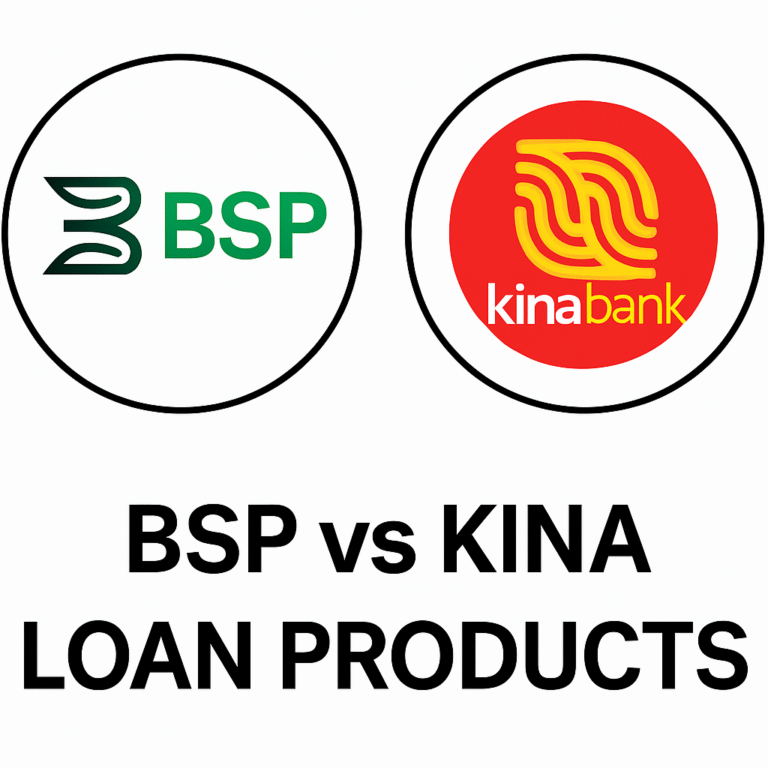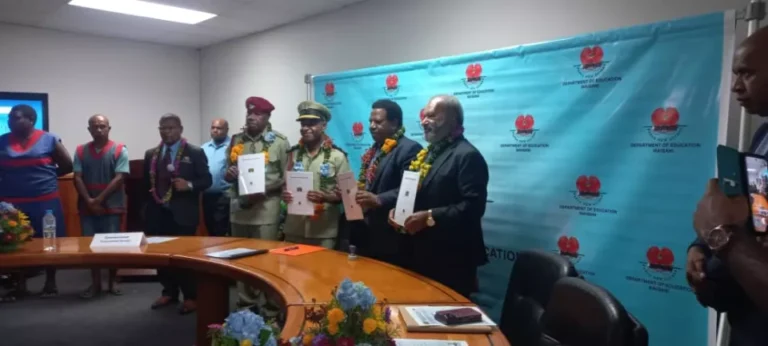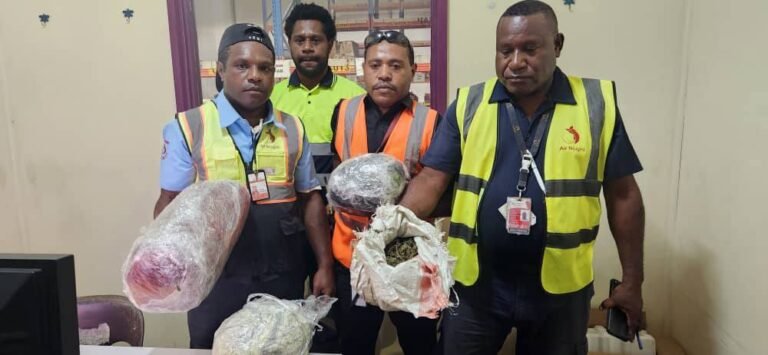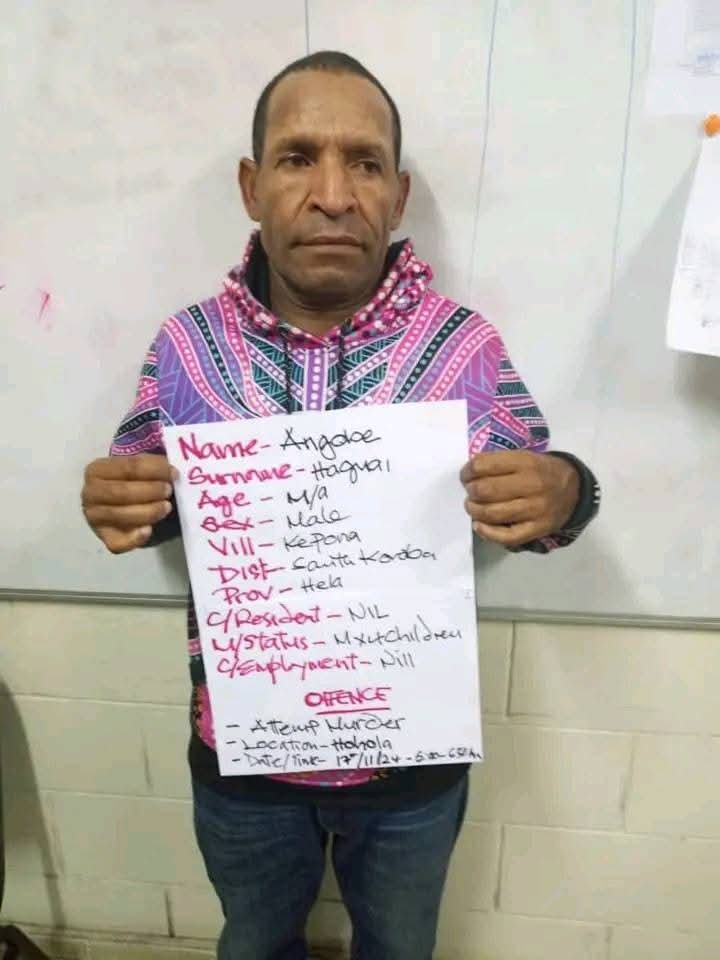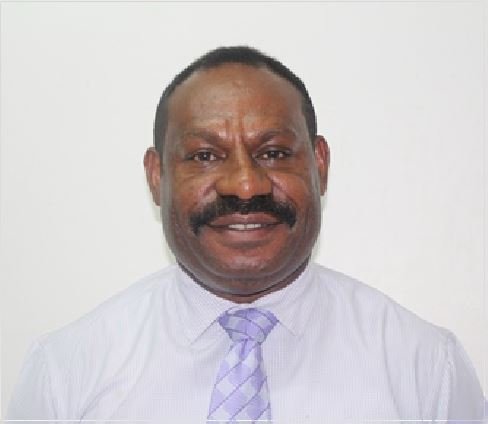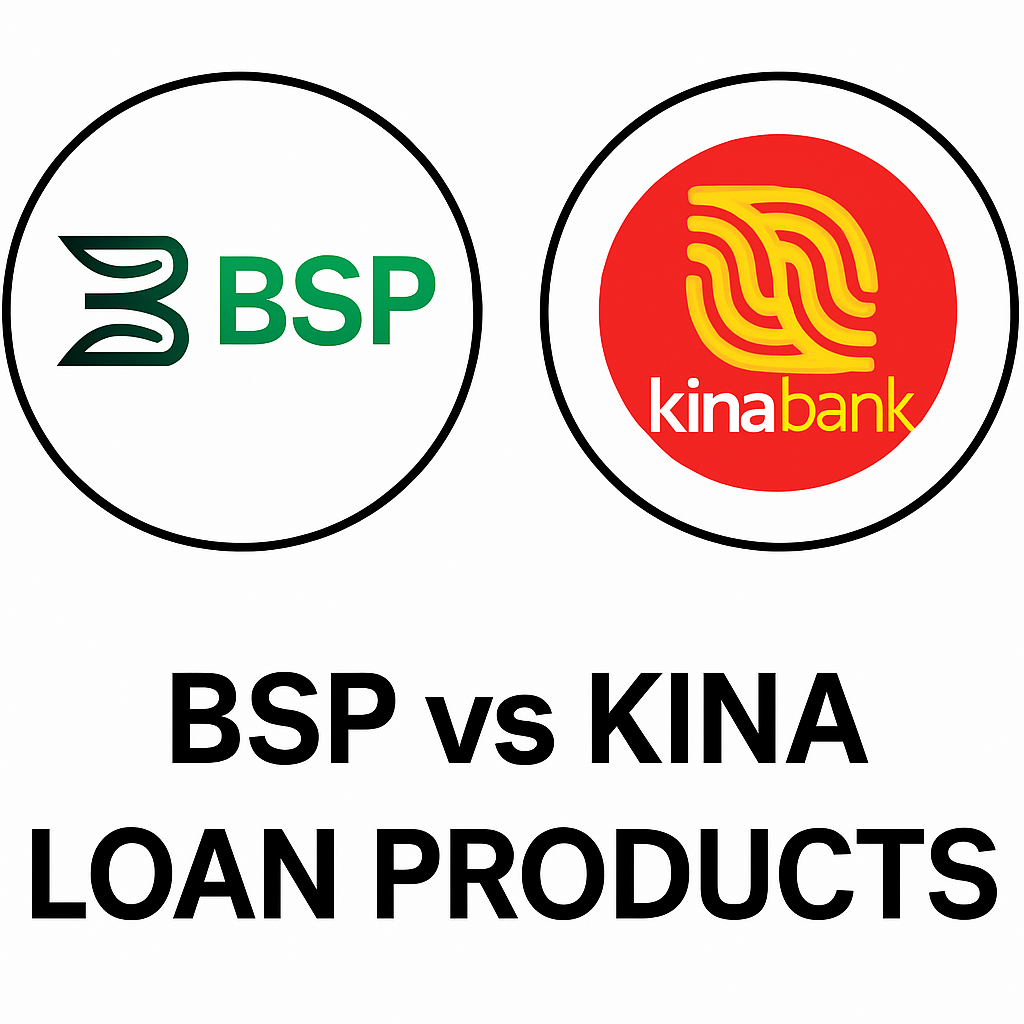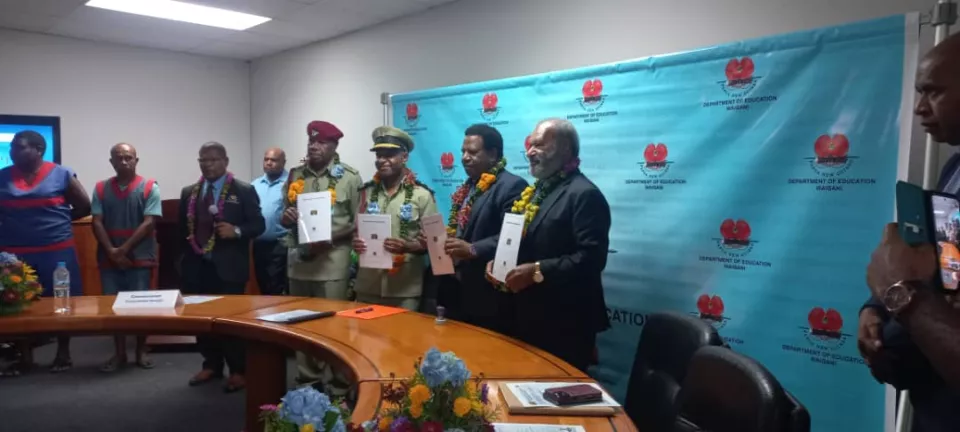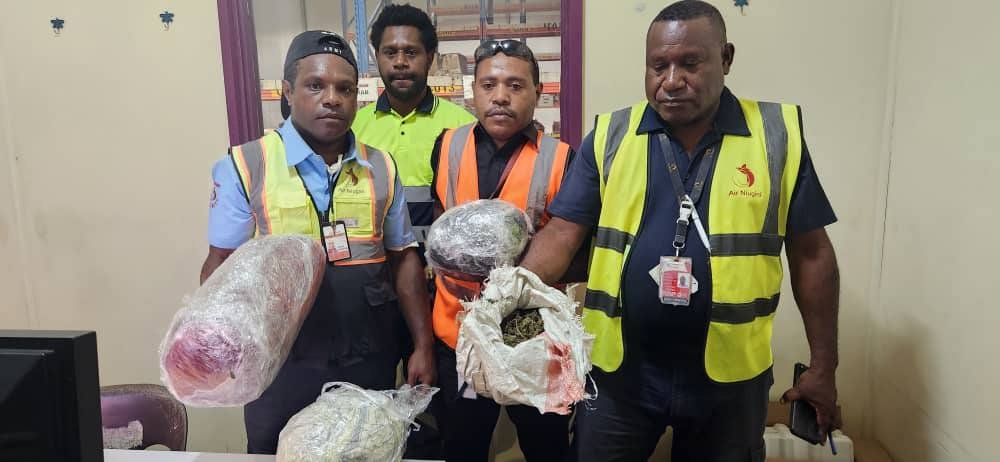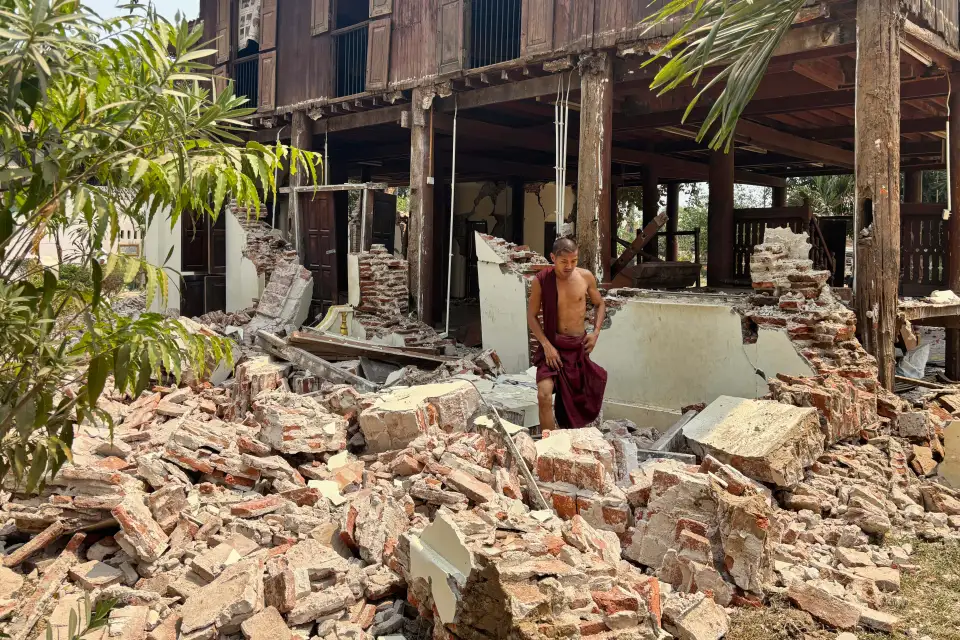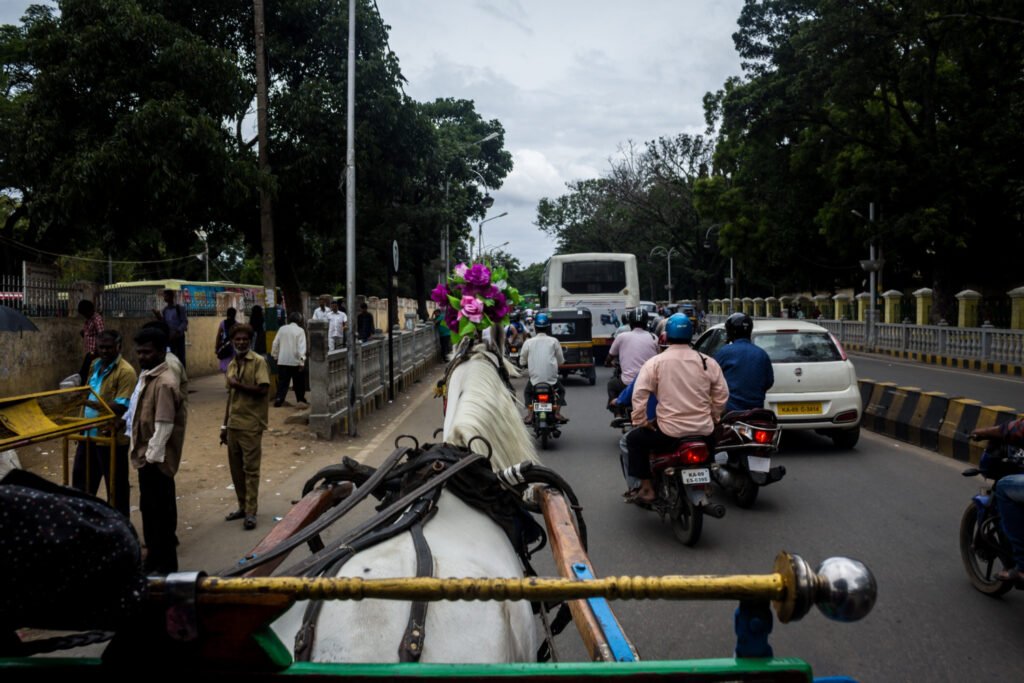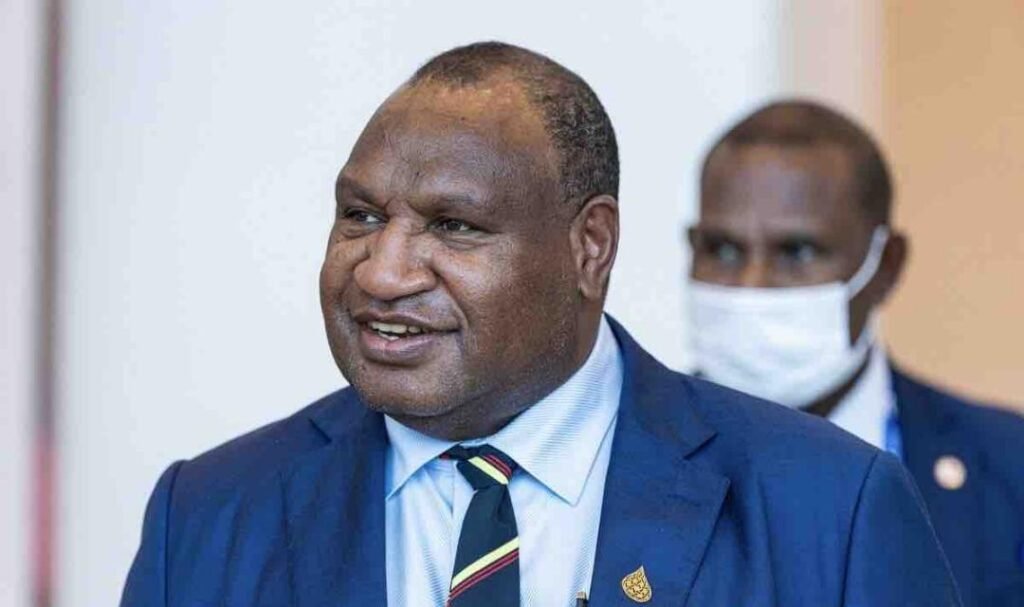Serving Beyond the Pulpit: Church Initiatives Transforming PNG’s Remote Communities
In Papua New Guinea’s most underserved and remote regions, where roads fade into rivers and government services struggle to reach, it is often the church—not the state—that arrives first.
From rural clinics to classroom blackboards, from disaster shelters to counseling centers, PNG’s faith-based organizations are stepping in to bridge deep social and infrastructure gaps with a message of compassion in action.
Healing Hands: Faith and Health Care
Across provinces like Enga, Gulf, and Western Highlands, church-run clinics and hospitals are lifelines for villagers. The Evangelical Church of PNG runs over 100 health facilities, with volunteer nurses and midwives providing maternal care and immunizations in hard-to-reach areas.
At Kompiam Rural Hospital, run in partnership with churches, staff often travel by foot or airstrip to deliver urgent medical supplies. “We are not just healing bodies—we are offering dignity,” says Dr. David Mills, medical superintendent at the facility.
Education with Purpose
Faith-based schools—particularly those run by the Catholic Education Agency and Seventh-day Adventist missions—play a massive role in educating children from low-income and remote communities. In many cases, these are the only functioning schools in rural districts.
“They don’t just teach maths and English,” notes Sr. Mary Waine, a headmistress in New Ireland. “They instill discipline, spiritual grounding, and respect for community.”
Disaster Response with Heart
When earthquakes, floods, or landslides hit, church networks often mobilize faster than government agencies, using pre-established community networks to distribute food, coordinate shelter, and provide trauma support.
In Kimbe following the April earthquake, the PNG Council of Churches set up temporary shelters within hours, delivering food packs and praying with grieving families. “We don’t just rebuild homes—we rebuild hope,” said Rev. Thomas Lape, coordinator of the humanitarian wing.
Faith-Led Social Services
Beyond crisis and care, churches have become key players in tackling addiction, gender-based violence, and youth unemployment. Initiatives like the Anglican Church’s Safe House Network and the YWAM Medical Ships serve thousands annually, combining faith and frontline action.
In Port Moresby, Bethel City Mission runs rehabilitation programs for ex-prisoners and homeless youth, offering vocational training alongside spiritual mentorship.
Challenges & Opportunities
Despite their vital role, many church-led initiatives face funding shortfalls, logistical hurdles, and aging infrastructure. Calls are growing for more government support and public-private partnerships to sustain these faith-based lifelines.
“There’s so much potential,” says Sr. Pauline Kula from the United Church. “If churches were better resourced, we could do even more.”
The Final Word
In PNG, faith is not just preached—it’s practiced. From health to healing, schools to shelters, churches continue to be pillars of care and transformation, particularly where others fall short.
As the country looks toward inclusive development, the role of faith communities remains clear: to walk with the people—not just in spirit, but in service.



